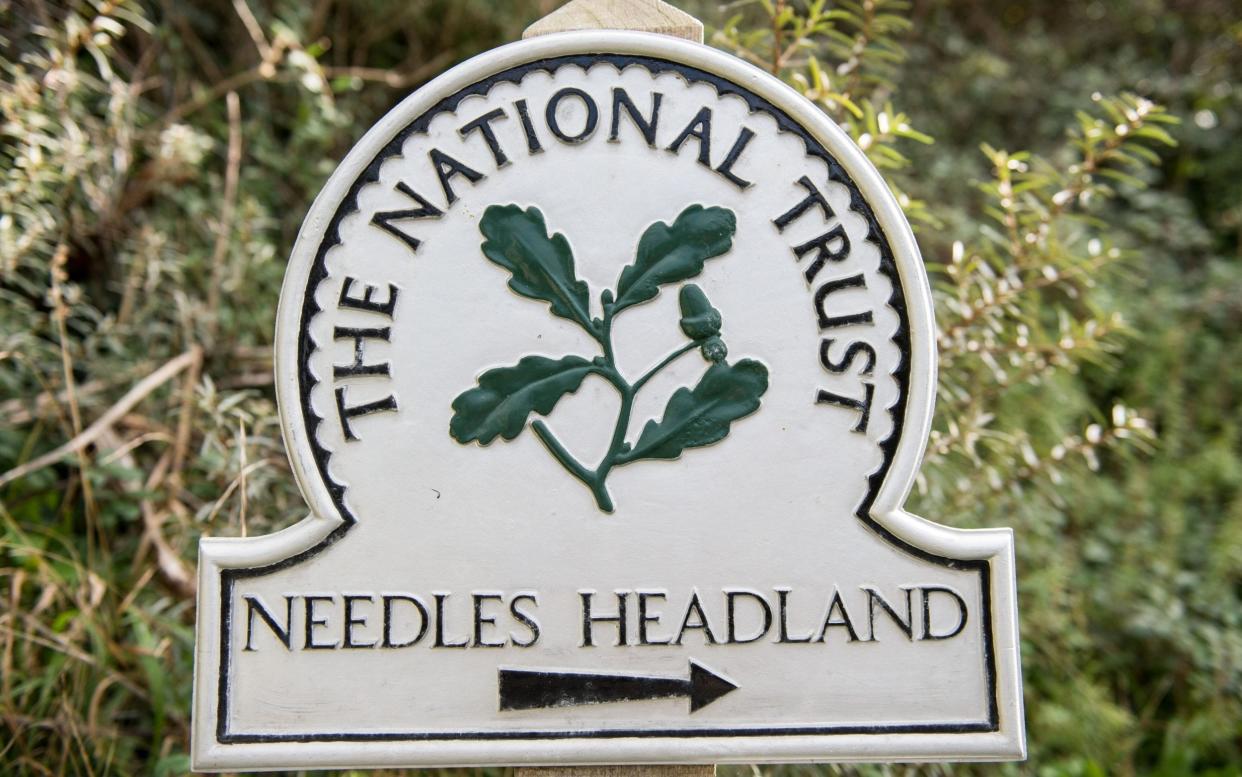National Trust faces watchdog scrutiny into its slavery report

The National Trust's difficulties over a controversial report linking its properties with slavery and colonsialism have deepened after the charity regulator opened an official case to see if it broke its "specific purpose" to preserve Britain's history.
The Charity Commission confirmed last night that it had a "regulatory compliance case into the National Trust following concerns being raised with us about its slavery and colonialism report".
The 125 year old charity was criticised by Tory MPs and its own members over its 115-page report into the links between its properties and slavery and colonialism, which included references to Winston Churchill last September.
A Commission source told The Telegraph: "We have met with the charity in relation to this matter and the charity has provided us with relevant information as part of our case. We cannot provide a timescale for when this work will be complete".
A “regulatory compliance case” falls short of a formal investigation which is the most draconian power at the Commission’s disposal.
If the regulator finds wrongdoing it can issue formal regulatory advice, or use a power such as an official warning.
The news that the Commission has opened a "regulatory compliance case" into the Trust is an escalation in the row and risks seeing it being sanctioned further by the Commission.
John Whittingdale, the Culture minister, warned that the Government would be "watching closely" the work of the Commission.
Mr Whittingdale told Tory MP Andrew Murrison in a letter that the Commission's case into the Trust would allow it to better understand how it considers its report on links to slavery and colonialism helps further its specific purpose to preserve places of beauty or historic interest, and what consideration the trustees gave to the risk that the report might generate controversy.
"It is worth noting that this is not a formal inquiry and the Charity Commission has not drawn any regulatory conclusions at this time, Government will be watching closely."
Mr Whittingdale set out the laws that require the Trust not to deviate from its purpose of protecting the nation’s heritage.
He added: "The National Trust (NT) is a registered charity within the UK and is independent of government.
"It does however have legal duties under the Charities Acts to carry out its functions in accordance with its governing document and can be held accountable for its actions both internally and externally.
"Section 15 of the Charities (National Trust) Order 2005 provides that the Council of the National Trust has a duty to monitor the fulfillment of the National Trust's statutory purposes.
"The Charities (National Trust) Order 2015 holds that the powers and duties of the National Trust belong to the board of trustees who are accountable to the National Trust's council."
Mr Whittingdale added a warning that the Trust had to focus on its core duties to care for its stately homes and grounds.
He said: "Although it should be up to individual organisations to determine how to best curate collections in their care, Government believes that the NT's future direction must focus on its core functions - to preserve our historic houses, gardens and landscapes for us and future generations to enjoy."
Conservative MPs last night welcomed the Commission's decision. James Sunderland, a Conservative member of the Common Sense group of Conservative MPs, said: "I have watched with horror how the National Trust has sought to adopt an increasingly apologist stance for our past.
"This may just be indicative of divisive elements in the organisation with a political agenda, but they do not speak for me, nor the vast majority of people in the UK who are proud to be British."
A National Trust spokesman said: “The National Trust is independently run and governed by people from a broad range of experience and backgrounds.
"We are a charity, we are non-political and everything we do is driven by our charitable purpose. Exploring and sharing the history of places we look after is part of our job and completely within our charitable objectives."

 Yahoo News
Yahoo News 